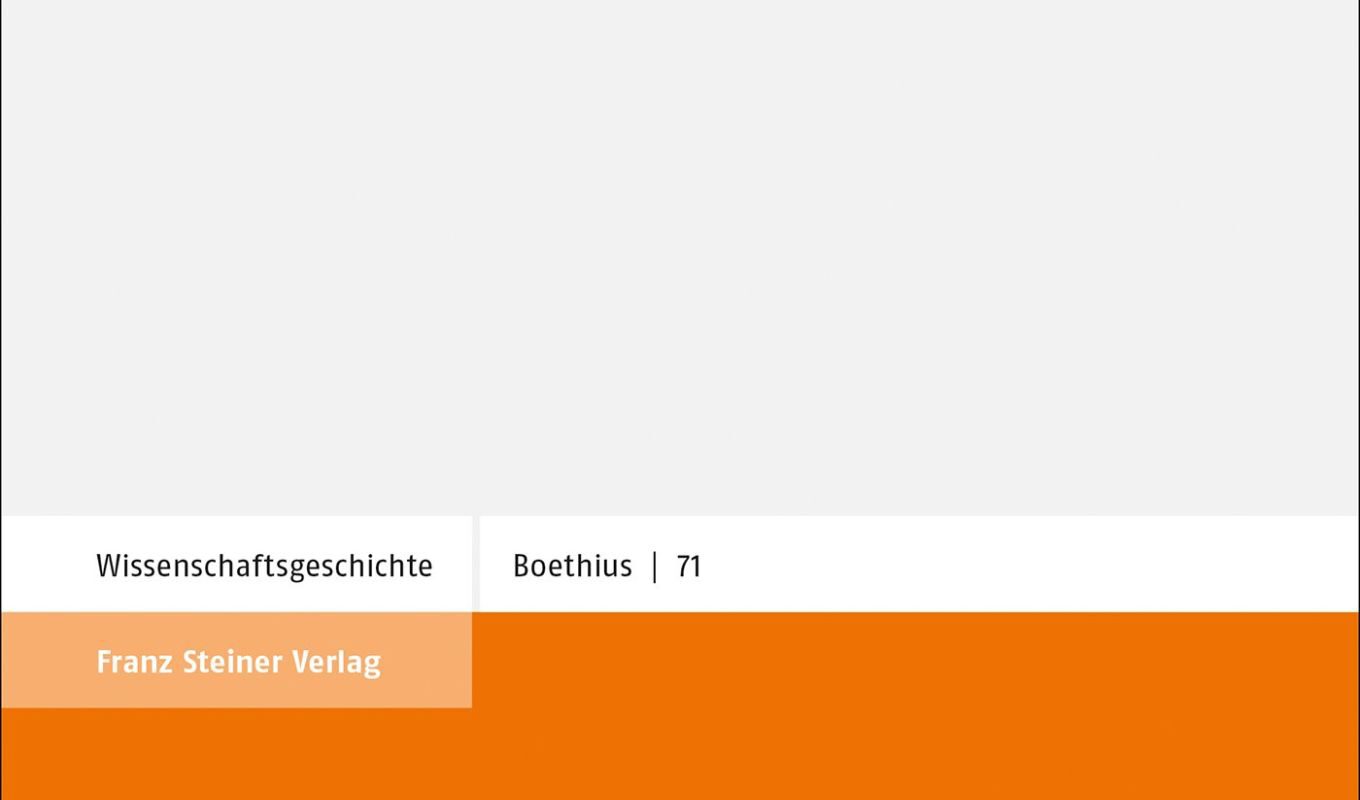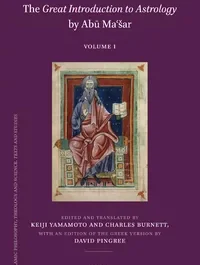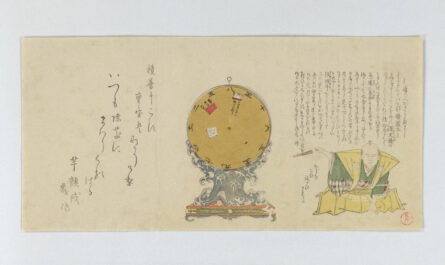Anna Jerratsch received in 2021 the second Junior Historian Prize of the Academy for her excellent book:
Der frühneuzeitliche Kometendiskurs im Spiegel deutschsprachiger Flugschriften, Stuttgart: Franz Steiner Verlag, 2021.
Jerratsch’s book offer unique insights into these multifaceted discourses on knowledge of heavenly phenomena. It draws out a multiplicity of interrelated approaches to comets which have served since Antiquity as a point of convergence for natural philosophy, astrology and religion.
To people in pre-modern times, comets appearing in the night sky seemed extremely impressive and frightening. They were considered as natural phenomena that simultaneously demanded description, explanation, and interpretation and as symbolic phenomena of the miraculous. Between 1530 and 1682 several great comets appeared. They triggered intensive communication processes that found their literary expression in a flood of vernacular pamphlets and broadsheets, particularly published in the German-speaking world. The German cultural space was at the forefront of European astronomy during these centuries. There, interest in comets had grown exponentially in connection with astrological and eschatological anxieties associated with the Reformation. The literature on those themes played a great role in the debates on comets.
Jerratsch analyzes this interdisciplinary discourse: she shows that it was precisely the supposedly irrational or supernatural elements of the traditional image of comets, e.g., theology or astrology, that became catalysts of the epistemic change related to the ‘modernization’ of the understanding of comets by the end of the seventeenth century. This development, in which cometary knowledge was being reinterpreted and redefined, is marked by the coexistence of the old and the new, which should not be viewed as an incomprehensible ambivalence, but rather as distinctive for the time and constitutive of processes of knowledge transformation in general. Jerratsch concludes that the establishment of the modern understanding of comets was not primarily the result of the enforcement of a rational method against superstitious aberrations and the claims to validity of a misguided religiosity. The complexity of the processes involved in the transformation rather testifies to the longevity, mutability, and adaptability of knowledge systems.


